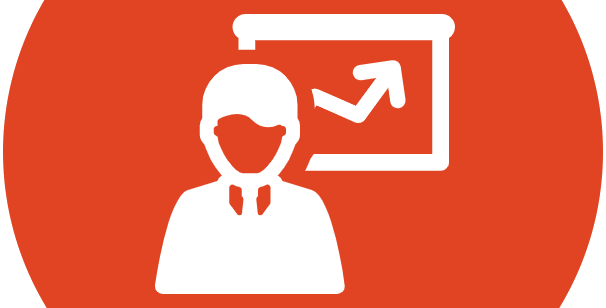
What Is a Mortgage? Your Go-To Guide to Getting a Home Loan
For most people, buying a home is one of the most significant financial investments they’ll ever make. Yet, very few individuals have the means to purchase a home outright with cash. This is where mortgages come into play. A mortgage is a financial arrangement that allows individuals to buy homes by borrowing money from a lender and repaying it over time. In this comprehensive guide, we will delve into the world of mortgages, explaining what they are, how they work, and what you need to know when seeking one to finance your dream home.
Understanding Mortgages
At its core, a mortgage is a type of loan specifically designed for purchasing real estate. When you take out a mortgage, you’re essentially borrowing money to buy a home, and the home itself serves as collateral for the loan. This means that if you fail to make your mortgage payments, the lender has the right to take possession of your property through a process known as foreclosure.
Mortgages come in various types and lengths, but the most common types include:
- Fixed-rate mortgages: With a fixed-rate mortgage, the interest rate remains constant for the entire duration of the loan. This means your monthly payments will stay the same, making it easier to budget and plan for the future.
- Adjustable-rate mortgages (ARMs): ARMs have an interest rate that can change periodically, usually after an initial fixed-rate period. These mortgages typically start with lower interest rates, but they can fluctuate, potentially leading to higher payments in the future.
- Interest-only mortgages: These mortgages allow borrowers to make interest-only payments for a specific period, often around 5-10 years, before they start repaying the principal. While this can reduce initial monthly payments, it may result in larger payments later on.
- FHA loans: Insured by the Federal Housing Administration, these loans often require lower down payments and are more accessible to borrowers with lower credit scores and income. However, they come with certain restrictions and fees.
- VA loans: These loans are available to eligible veterans, active-duty service members, and some members of the National Guard and Reserves. VA loans typically offer favorable terms, including no down payment requirements.
The Mortgage Process
Getting a mortgage involves several key steps:
- Preparation: Before you start house hunting, it’s essential to assess your financial situation. This includes checking your credit score, saving for a down payment, and determining how much you can comfortably afford to borrow.
- Mortgage pre-approval: Pre-approval involves submitting an application to a lender who reviews your financial information and creditworthiness to determine the amount they are willing to lend you.
- House hunting: Armed with a pre-approval letter, you can confidently search for homes within your budget.
- Loan application: Once you find a home and agree on a price with the seller, you’ll submit a formal loan application to your chosen lender.
- Underwriting: The lender assesses your application, verifies your income and credit history, and decides whether to approve your mortgage.
- Closing: If your loan is approved, you’ll sign the necessary documents, pay closing costs, and take ownership of your new home.
Key Mortgage Terms
Navigating the mortgage process can be overwhelming, as it comes with a unique set of terms and jargon. Here are some key terms you should understand:
- Principal: The initial amount you borrow from the lender.
- Interest rate: The percentage at which the lender charges you interest on the loan.
- Down payment: The upfront amount you pay toward the purchase price of the home.
- Amortization: The process of paying off the mortgage over time through regular, scheduled payments.
- Closing costs: Fees associated with finalizing the mortgage, including appraisal fees, title insurance, and attorney fees.
- Private Mortgage Insurance (PMI): Insurance required for some borrowers who make a small down payment to protect the lender in case of default.
- Escrow account: A fund managed by the lender to cover property taxes and insurance on your behalf.
- Home appraisal: An assessment of the home’s value to determine if it aligns with the loan amount.
Tips for Securing a Mortgage
Securing a mortgage is a significant financial commitment, so it’s crucial to approach the process thoughtfully. Here are some tips to help you along the way:
- Check your credit: Review and improve your credit score before applying for a mortgage to secure more favorable terms.
- Shop around: Don’t settle for the first mortgage offer you receive. Compare rates and terms from multiple lenders to find the best deal.
- Budget wisely: Ensure that your monthly mortgage payments are affordable and fit comfortably within your overall budget.
- Save for a down payment: A larger down payment can result in lower monthly payments and better loan terms.
- Understand the terms: Read and understand all the terms and conditions of your mortgage agreement before signing.
- Consult a professional: Consider working with a qualified real estate agent, mortgage broker, or financial advisor to navigate the process.
In conclusion, a mortgage is a powerful financial tool that can help you achieve your dream of homeownership. Understanding the different types of mortgages, the mortgage process, and key terms involved is essential for making informed decisions. By carefully planning and researching your options, you can secure a mortgage that suits your needs and sets you on the path to owning your own home.
